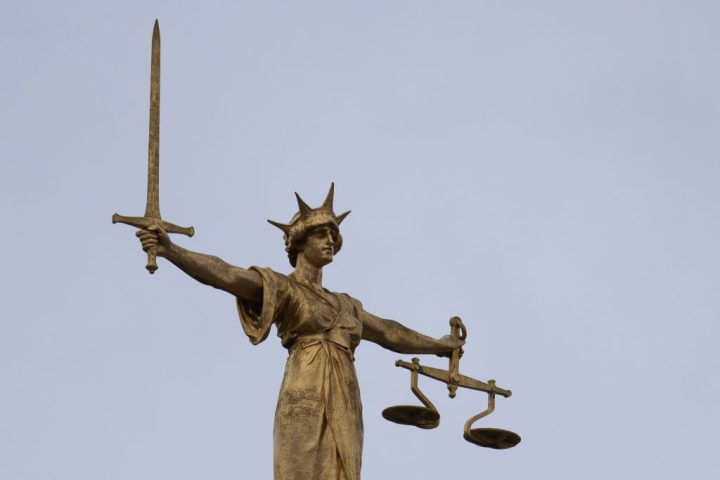A transgender judge has resigned, apparently because of the risk of politicising the judiciary. But this was no ordinary judge. Victoria McCloud is a King’s Bench Master of the High Court, a senior job. In 2010, McCloud – then aged 40 – was the youngest person to have been appointed to the role. The news was not trumpeted at the time as a ‘first’ for transgender people. Few people knew about McCloud’s unusual history and, it seemed, fewer cared.
McCloud transitioned in the 1990s. It was a very different world for transsexuals, back then. The goal was to reassimilate unnoticed in the workplace, and society at large – hiding in plain sight as it were. It made sense. If nobody realised that you were trans, then they could hardly discriminate against you on the grounds of gender reassignment. Before the 2010 Equality Act, that was crucial. McCloud was not unusual in keeping a trans identity out of the public eye.
Whatever the reason for McCloud’s departure, it feels like open season for transsexuals on social media
So, what happened? Why did trans identities become so political, and why is McCloud now complaining that ‘I am now political every time I choose where to pee’? In another extract of a letter – parts of which it has been claimed were leaked to the Times – McCloud added:
I have reached the conclusion that in 2024 the national situation and present judicial framework is no longer such that it is possible in a dignified way to be both ‘trans’ and a salaried, fairly prominent judge in the UK.
That’s a big statement for a senior judge to make, and a sad indictment of modern Britain.

Get Britain's best politics newsletters
Register to get The Spectator's insight and opinion straight to your inbox. You can then read two free articles each week.
Already a subscriber? Log in









Comments
Join the debate for just $5 for 3 months
Be part of the conversation with other Spectator readers by getting your first three months for $5.
UNLOCK ACCESS Just $5 for 3 monthsAlready a subscriber? Log in